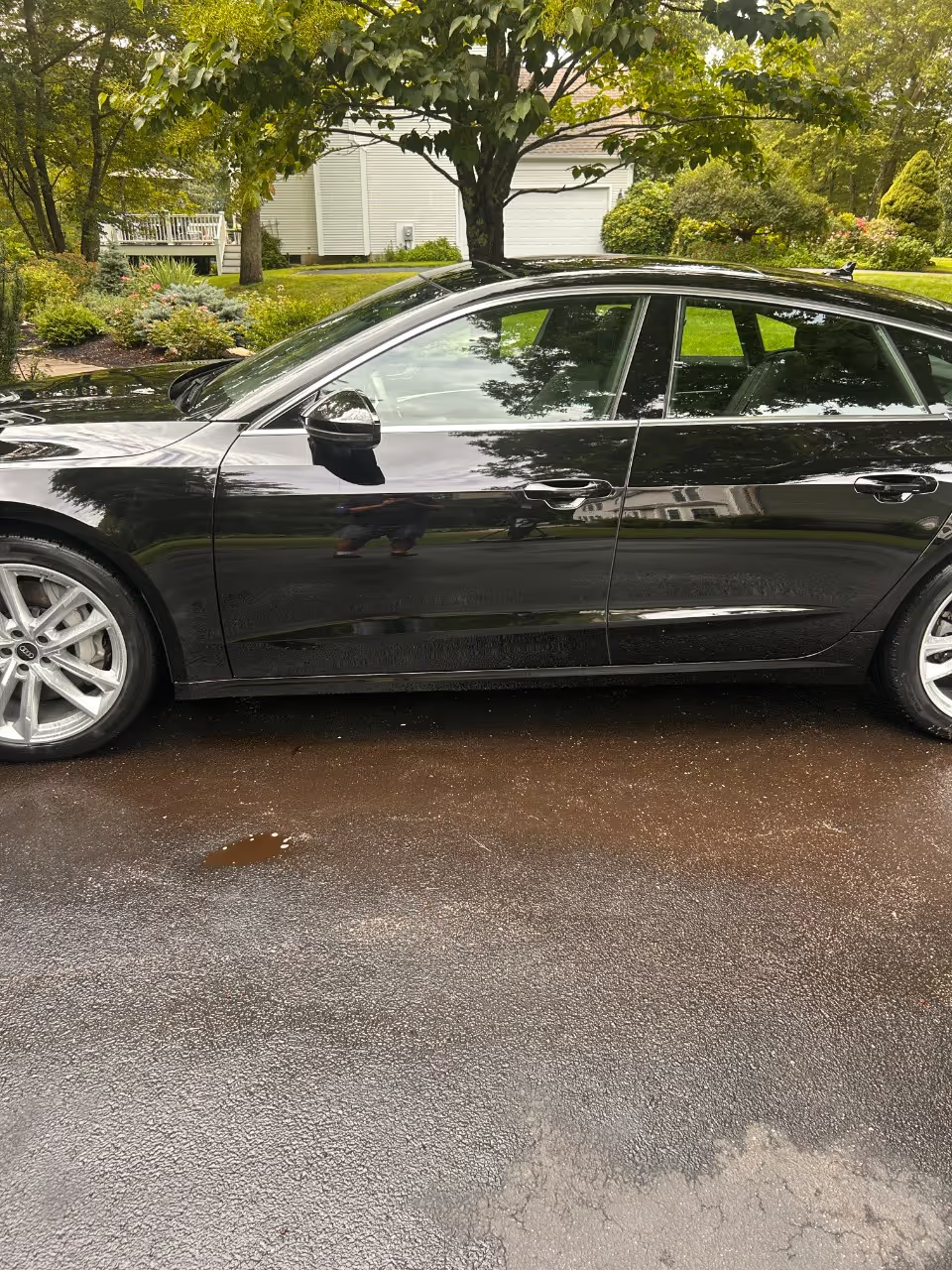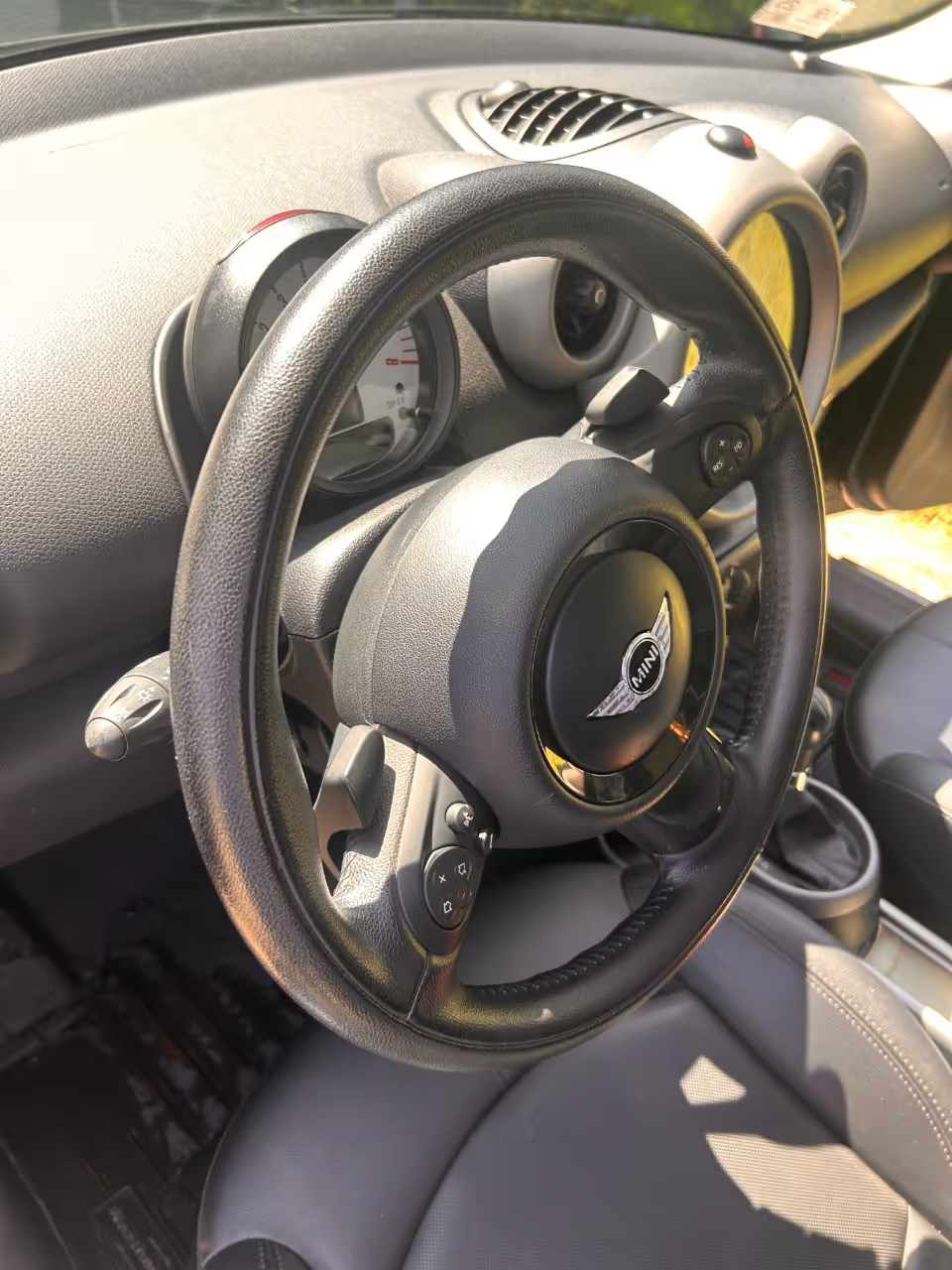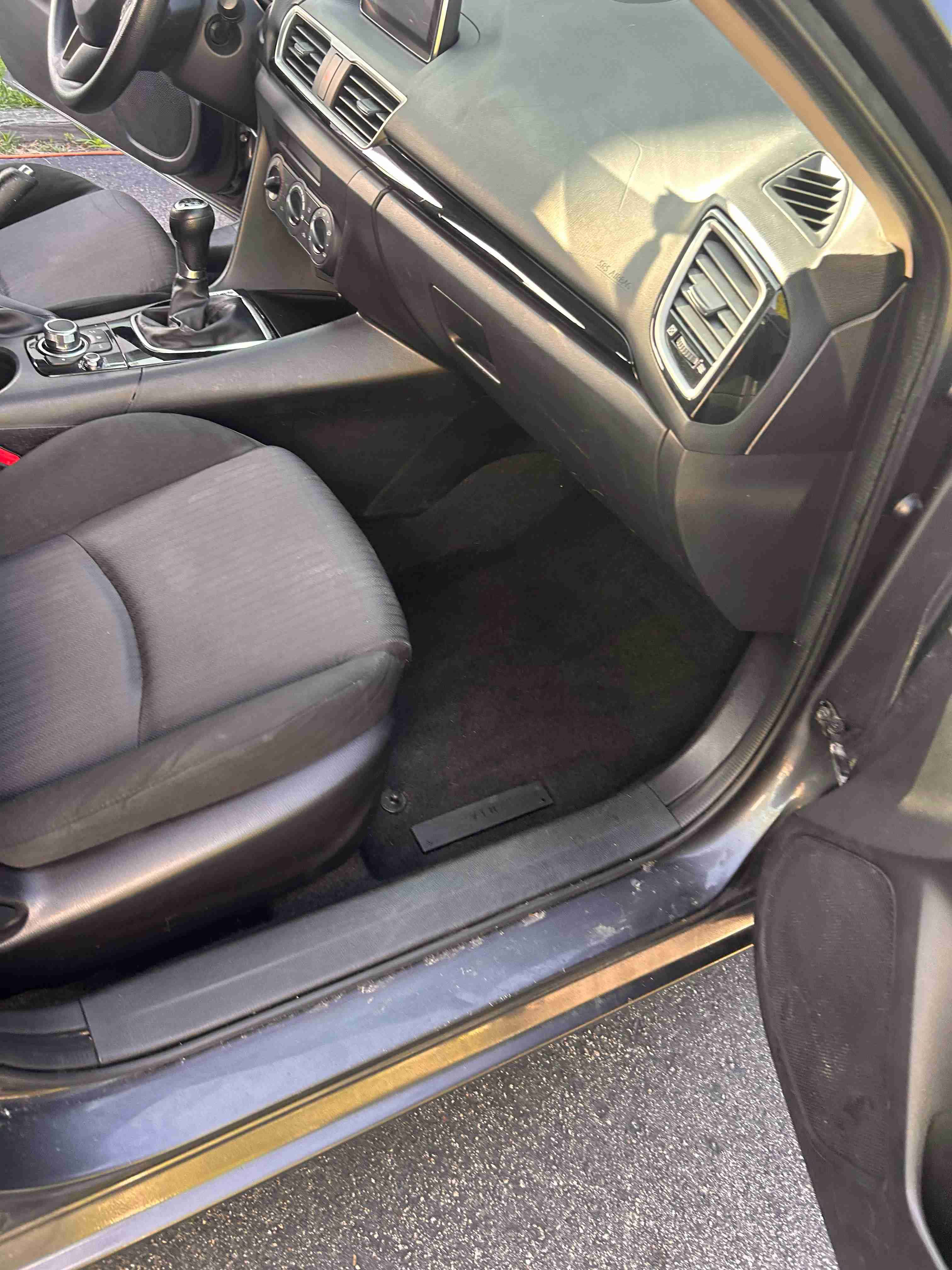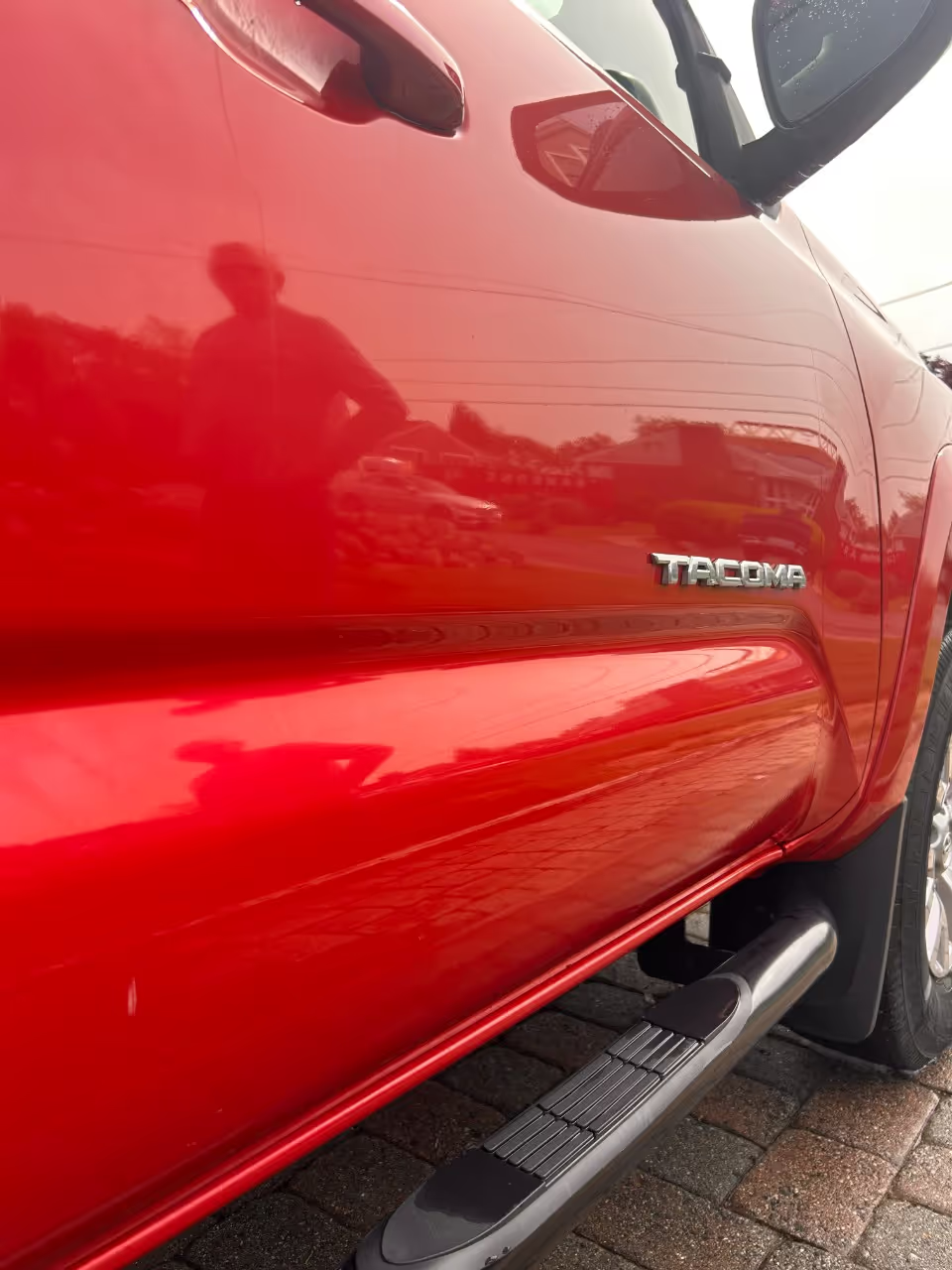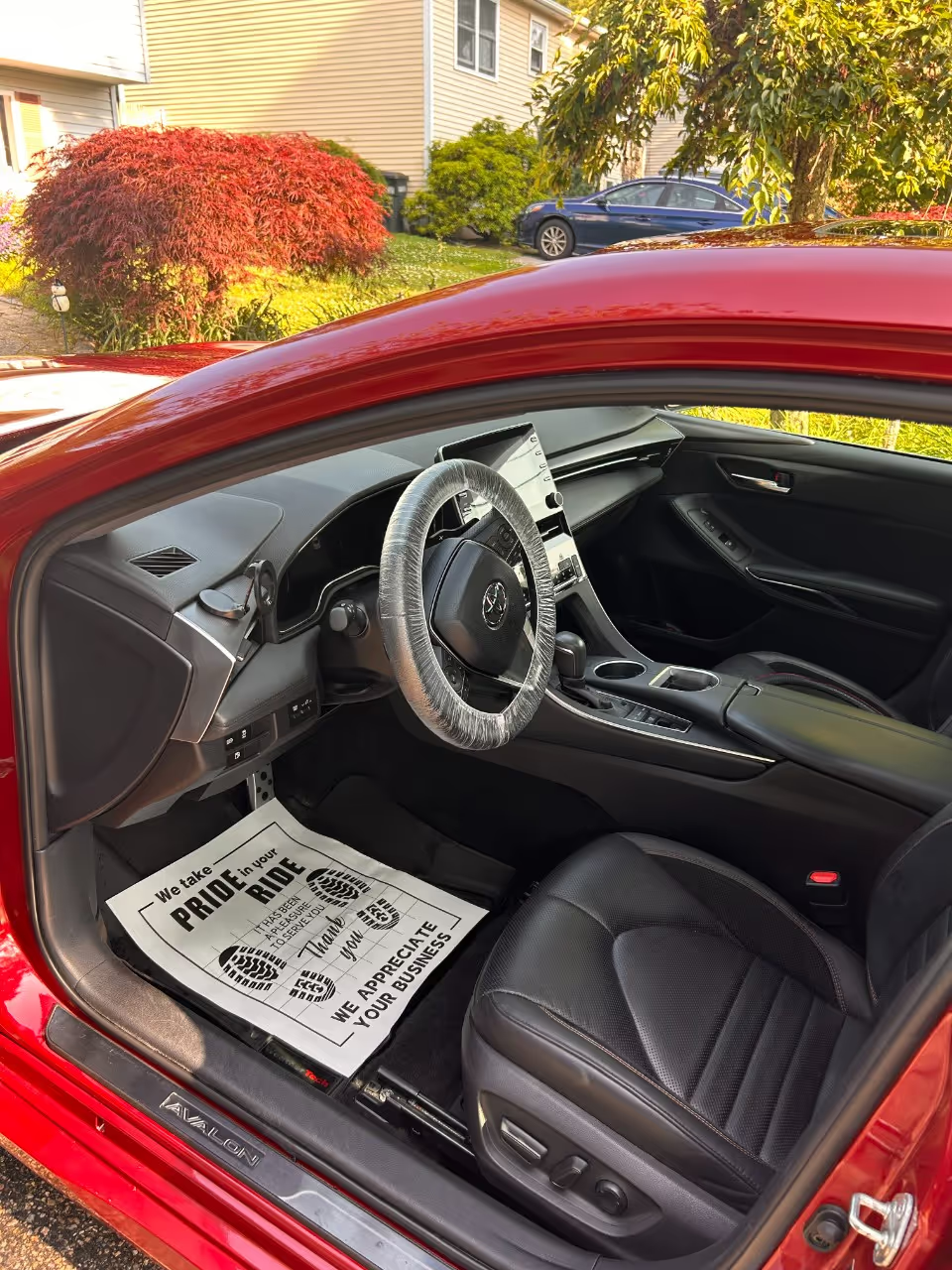Why Time is the Real Cost Behind Car Detailing

Many car owners ask: "Why does it cost so much to get my car detailed?" While high-end products and mobile convenience add value, the honest answer is simple: you’re paying for time. Car detailing is a labor-intensive service where time spent equals the final price. And in many cases, modern car designs, interior materials, and just how dirty the car is all add hours to what might seem like a simple job.
Time is the #1 Cost Driver
Detailing isn’t a 30-minute car wash. A full interior and exterior detail can take anywhere from 3 to 8 hours, depending on:
- The size and condition of the vehicle
- The level of cleaning required
- The type of interior materials
- Presence of pet hair, sand, stains, and odors
- The tools and chemicals required to fix the problem
Each of these variables adds more time, and time is the most valuable resource a detailer brings to the job.
Budget Cars Are Often Harder to Detail Than Luxury Ones
It might sound backward, but economy cars often take more effort to clean than high-end brands. Here’s why:
- Many economy vehicles use cheaper plastics and cloth interiors that stain more easily and hold onto odors
- Tight interior layouts make it harder to reach key areas
- Less durable materials may need gentler chemicals, more brushing, and multiple passes
In contrast, luxury cars often have better-built interiors, real leather that cleans easier, and smoother surfaces that don’t trap grime as deeply. So while they cost more to buy, they can actually be faster to clean.
Dirtier Cars Take More Time — and Cost More
It should go without saying, but the dirtier your vehicle, the more time it takes to clean. If your car hasn't been cleaned in six months, it might require:
- Two or three vacuum passes
- Spot treatments for stains and spills
- Multiple rounds of shampooing
- Repeating cleaning processes with stronger chemicals
A vehicle used for commuting with occasional messes is very different from a beach SUV filled with sand, sunscreen, and salt buildup.
Dog Hair, Sand & Lifestyle Mess
Certain types of debris take way longer to remove than general dust or dirt. For example:
- Dog hair gets woven into cloth seats and carpet fibers, requiring special tools, rubber brushes, and extended vacuuming
- Beach sand spreads into seams, seat tracks, and door pockets, often requiring disassembly to fully clean
- Spills from coffee, soda, milk, or food can stain permanently and require enzymatic or steam-based treatment to break down
Not all messes are created equal. The deeper or stickier the contamination, the more labor it takes to clean effectively.
Stains and Chemical Reactions
Certain interior stains and substances react differently depending on the material and type of chemical used:
- Protein-based stains (like milk or bodily fluids) need enzyme cleaners
- Oil-based stains (like sunscreen or food grease) need solvents or degreasers
- Dye-based stains (from clothing, drinks, or ink) can permanently tint fabric or plastic
Each stain demands the right chemical, time to dwell, and proper removal technique. There is no one-size-fits-all solution, and using the wrong product can make things worse—costing more in both time and materials.
Final Thoughts: You're Paying for Experience, Not Just Cleaning
At the end of the day, a true detailer isn’t just scrubbing and spraying. They’re problem solving, analyzing surfaces, applying the right chemicals, and restoring your car to a high standard.
The price reflects the time, tools, and techniques needed to do the job properly — not just a surface-level clean.
So next time you’re quoted $250+ for a full detail, consider the hours of skilled labor, the specialized equipment, and the unpredictable conditions your detailer is tackling. Time really is the most expensive part of the job.


